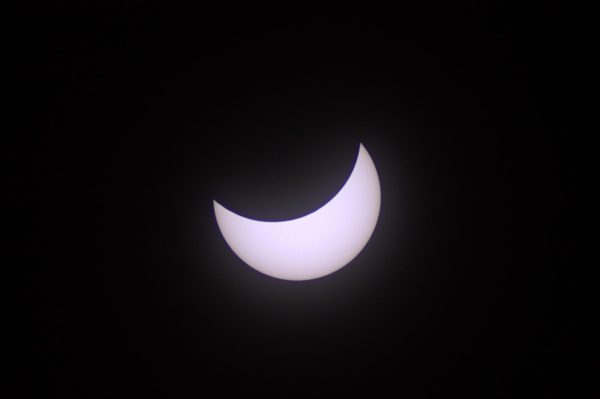Trump’s travel ban
February 27, 2017
At the end of January, Trump signed an order that prevents people from seven different nations from entering the United States. These countries include Syria, Iran, Iraq, Yemen, Sudan, Libya, and Somalia. The travel ban was set to last 90 days, however, a court of appeals ruled to block the ban for an undetermined amount of time. The refugee program is still suspended 120 days.
The refugee ban includes refugees from all countries, but also places an unrestricted ban on Syrian refugees who hope to enter.
In Trump’s Executive Order he stated, “In order to protect Americans, the United States must ensure that those admitted to this country do not bear hostile attitudes towards it and its founding principles.”
Many Americans as well as foreigners are upset by this order and some call it “unconstitutional,” including New Mexico senator, Tom Udall.
Udall says it is “unconstitutional” and “illegal.”
Senator Udall also said, “ We in the Senate…we stand strong, and you are going to see us stay strong against this kind of discrimination.”
Protests took place in over 40 U.S. cities as well as, London, Toronto, Paris, and Berlin. Demonstrators in Indonesia and Australia protested outside of the U.S. embassies there. In reaction to the protests Trump released a statement.
A portion of it said, “There are over 40 different countries worldwide that are majority Muslim that are not affected by this order. We will again be issuing visas to all countries once we are sure we have reviewed and implemented the most secure policies over the next 90 days.”

